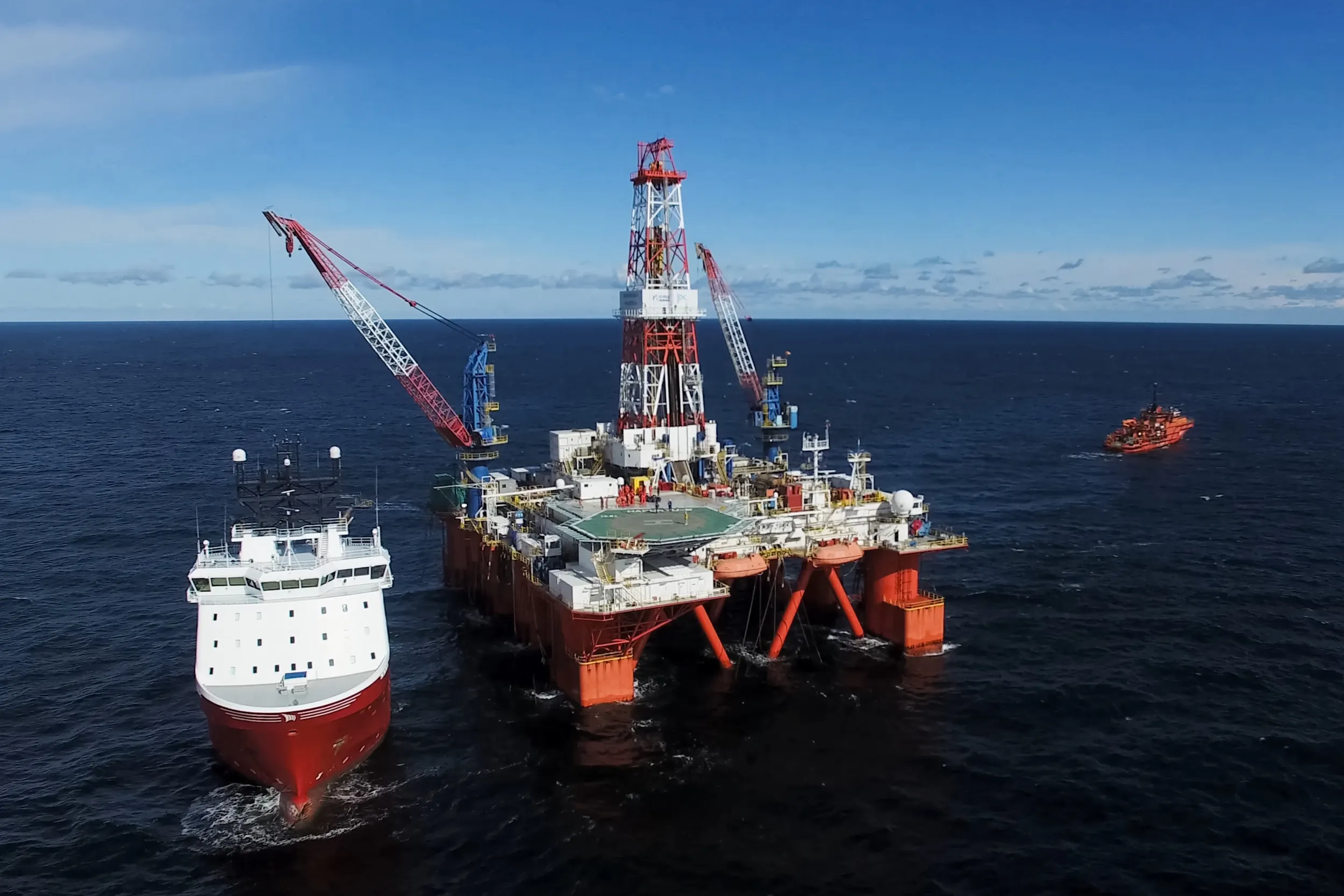Steel production is one of the world’s most carbon-heavy industrial processes, accounting for around 11% of global CO2 emissions. Yet the UK government recalled Parliament on a Saturday — something not seen since the Falklands War — to legislate emergency powers to prevent the closure of blast furnaces, nationalise British Steel, and protect 3,000 jobs.
Though there’s criticism of how we got here, cross-party consensus supports the intervention. Unions called it “absolutely the right thing to do,” while even Greenpeace praised the move as saving “thousands of jobs.”
Despite its emissions, steelmaking is seen as a national strategic asset — and politicians from both sides agree it’s worth saving. Tory veteran Iain Duncan Smith highlighted why: China is flooding the market with cheap steel, car industry tariffs threaten domestic demand, and conflict in Europe has driven up defence needs. The argument goes: this is not the time to let such an industry die.
Steelmaking is also deeply linked to the UK’s energy sector. It’s highly energy intensive, but high electricity prices make British producers uncompetitive compared to Europe and beyond.
Business Secretary Jonathan Reynolds acknowledged this during debate, prompting Iain Duncan Smith to ask, “we sit on an island of gas, why aren’t we drilling for it?” It’s a fair question. With 80% of UK homes heated by gas boilers and 90% of cars running on fossil fuels, this moment should refocus attention on the North Sea — a domestic resource that, if developed responsibly, can support our energy needs while staying committed to net-zero goals.
The energy sector is already delivering on decarbonisation. Offshore installations have reduced annual emissions by 4.5 million tonnes since 2018, cutting upstream and methane emissions beyond expectations.
However, since coming to power, the Labour government has raised and extended the windfall tax on profits, even though the extraordinary conditions caused by Russia’s invasion of Ukraine have faded. The current 78% tax rate on profits is stalling investment in both traditional and renewable energy, sending the North Sea into decline. On top of this, plans to ban new oil and gas licences jeopardise existing projects that could enhance energy security today.
The government must accelerate guidance for projects already licensed, many decades ago, that could still play a key role. Collaboration between government, industry, investors, and academia is crucial — not emergency legislation after the fact.
Recent consultations on a new fiscal regime for the North Sea are welcome. The government argues for a just transition, shifting oil and gas workers into green energy roles. It’s a noble vision — and there is genuine opportunity in renewables — but “transition” implies a process, not an overnight shift. Success demands time and strategy.
Right now, the UK is energy-reliant, not energy-resilient. Over 70% of our energy still comes from oil and gas — and more than 50% of that is imported. We rely heavily on countries like the USA, which sends the UK £20 billion of oil and gas annually — nearly a quarter of our total imports. These imports, untaxed and unregulated here, often carry four times the emissions of what we produce domestically.
The Prime Minister said last week the world has fundamentally changed. It has. National, economic, and energy security are now tightly interwoven. He’s shown willingness to step in — to save steel, to support car manufacturing. But he must also recognise that parts of our industrial base, particularly the energy sector, are ready to power growth without bailouts or subsidies.
North Sea operators don’t need nationalisation. They need a tax framework that allows them to invest. A 78% windfall tax until 2030 is unsustainable and damaging — especially as global conditions continue to shift. It was introduced hastily and can be removed with urgency.
Just like steel, the North Sea is a national strategic asset. It deserves national attention. The time to act is now.
This article was originally published in the Herald: Why is North Sea not being treated same as UK steel? | The Herald



%20copy.webp)



